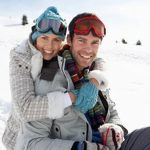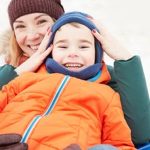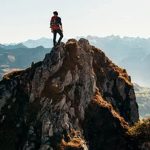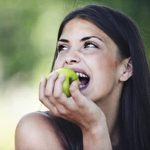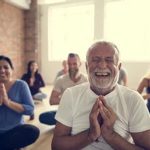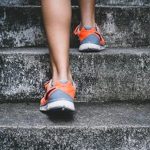SLEEP DISORDERS
obstructive sleep apnea treatment/ UARS & TMD
OSA
UARS
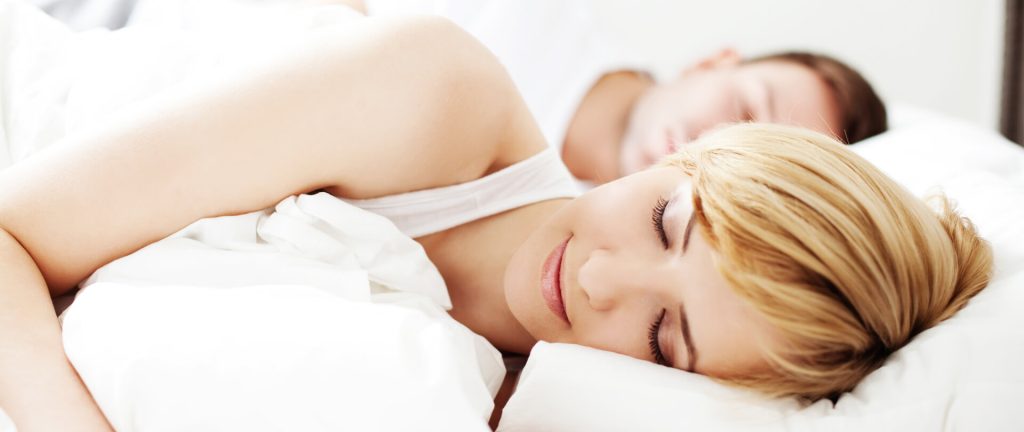
SLEEP, ANXIETY, AND BREATH ARE THE HOLY TRINITY. IMBALANCES IN ANYONE CAN DEEPLY IMPACT ONE’S WELLBEING.
WHAT ARE SLEEP DISORDERS?
Sleep disordered breathing (SDB) is an Umbrella term consisting of a wide range of sleep-related breathing disorders and abnormalities during sleep that may not meet the criteria for a specific disorder. Sleep disorders can be categorized depending on various factors such as behaviors, issues with the natural sleep-wake cycles, breathing problems, difficulty sleeping, or the level of sleepiness experienced in the daytime. Some common types of breathing-related sleep disorders include the following,
- Mouth Breathing
- Snoring
- Upper Airway Resistance Syndrome (UARS)
- Obstructive Sleep Apnea
- Daytime Sleepiness
SLEEP DISORDERED BREATHING & TMD
This throws the orofacial system off-balance and narrows the airway. The narrowing of the upper jaw naturally pushes the lower jaw back and further compromises the airway. To compensate, one begins clenching and grinding their teeth (sleep bruxism), which causes muscular dysfunction and articular disk displacement, causing TMD. This can also present itself in symptoms like anxiety, poor sleep, fatigue and a multitude of metabolic and cardiovascular diseases.
- MOUTH BREATHING
- NOISY BREATHING
- SNORING
- SLEEP APNEA
ASSESS YOUR BREATHING & SLEEP
2) Take a piece of paper tape and apply it to the mouth so you are forced to breathe through the nose for a minimum of 3 minutes. Mouth breather get uneasy.
3) Instill a camera and a video of your sleep can be assessed or ask someone to check on you as you sleep.
4) You can take a Home Sleep Study or an In-Lab Sleep Study.
WHAT IS A SLEEP STUDY AND DIFFERENT TYPES OF SLEEP
STUDIES?
Two popular types of sleep studies are:
- Brain and muscle activity
- Leg and eye movements
- Respiratory airflow: breathing lapses and snoring
- Body positioning and movements
- Blood pressure, heart rate and rhythm
The at-home sleep test kit usually has:
- A nasal cannula – to measure oxygen and airflow
- A finger clip – to measure oxygen and heart rate
- Special sensors – to monitor your breathing patterns
SYMPTOMS OF SLEEP DISORDERS, SLEEP APNEA & TMD
- Fatigue
- Feeling sleepy at day time
- Trouble waking up in the morning
- Poor performance in school, on a job, or in sports
- Increased clumsiness
- Falling asleep while working or in class
- Risk of serious accidents and injuries
- Poor Concentration
- Anxiety
- Energy levels
- Ability to retain information
- Irritability and Moodiness
- Headaches
- Loss of Libido
- Tiredness even after waking up
Long term consequences of chronic sleep deprivation may lead to a host of health problems including high blood pressure, obesity, diabetes, cardiovascular disease, and even early mortality.
OUR BEST SLEEP DISORDER TREATMENT

Dr. Shah is
Laser Certified
(GLOH), LLC to perform laser
frenectomies.
SLEEP APPLIANCES:
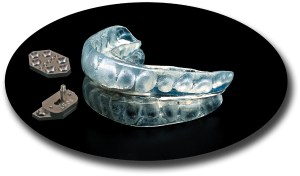
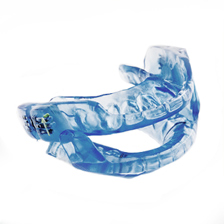
![OSA/UARS & TMD | | TMJ, Tongue Tie & Sleep Institute – Tongue Tie Treatment in Mumbai, India PROSOMNUS [CA] LP CONTINUOUS ADVANCEMENT SLEEP DEVICE](https://tonguetieindia.com/wp-content/uploads/2024/06/PROSOMNUS-CA-LP-CONTINUOUS-ADVANCEMENT-SLEEP-DEVICE.jpeg)
![OSA/UARS & TMD | | TMJ, Tongue Tie & Sleep Institute – Tongue Tie Treatment in Mumbai, India PROSOMNUS [CA] LP CONTINUOUS ADVANCEMENT SLEEP DEVICE](https://tonguetieindia.com/wp-content/uploads/2024/06/PROSOMNUS-EVO-SLEEP-AND-SNORE-DEVICE.jpg)
Frequently Asked Questions
Find A Sleep Specialist Near Me
Find A Sleep Specialist Near Me
- Poor Concentration
- Anxiety
- Fatigue
- Feeling sleepy at day time
- Jaw Pain
- Neck Stiffness
- Jaw locking, Jaw Clicking & Popping
OUR NON-INVASIVE SOLUTIONS FOR TMJ DISORDER & JAW PAIN:
Blogs
